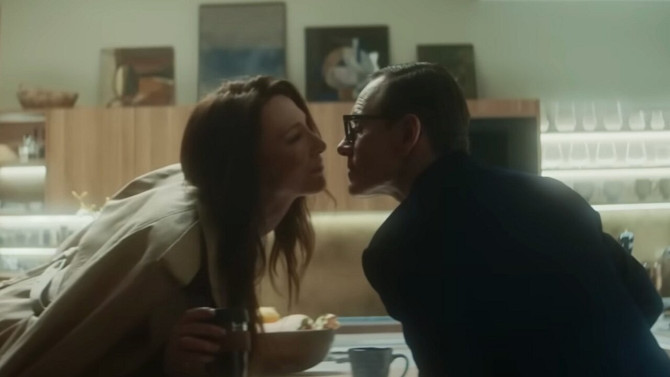
An Attaché Case
In 2025, dare I say that it’s nice to be highlighting a film made for mature audiences. Avoiding the pratfalls of sequels, remakes, comic book movies, and overly costly bombast, Black Bag, written by David Koepp (Mission: Impossible) and directed by Steven Soderbergh (Traffic), is most easily described as an old school spycraft feature. Opening with an extended tracking shot of spy George Woodhouse (Michael Fassbender) making his way through a happening nightclub in London, his contact soon informs him that there is a rat leaking some sort of tech software named Severus from within the agency. If there is one thing Woodhouse despises, it’s a liar, so he invites all of the suspects to a dinner party to try to get to the bottom of it.
-
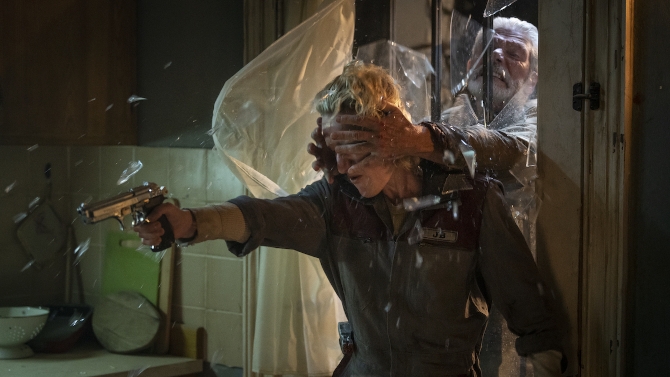
Flying Blind
Don't Breathe 2August 18, 2021Picking up several years after the original feature, Don’t Breathe 2 (2021) flips the script, with co-writers Fede Alvarez and Rodo Sayagues (though this time the latter takes over directing duties), placing the audience in the shoes of The Blind Man (rather than those who attempted to rob him in the genesis film). . . following him into a most intense scenario. In a wild, bold, and arguably controversial maneuver, Alvarez and Sayagues attempt to transform the sinister former veteran from the previous movie into something akin to an anti-hero – within the narrative, themes of rebirth and redemption can be found. Now a ‘father’ to his ‘daughter’, Phoenix – no subtlety there (Madelyn Grace), The Blind Man is now humanized with a real name, Norman Nordstrom (Stephen Lang). No spoilers on her backstory.
-
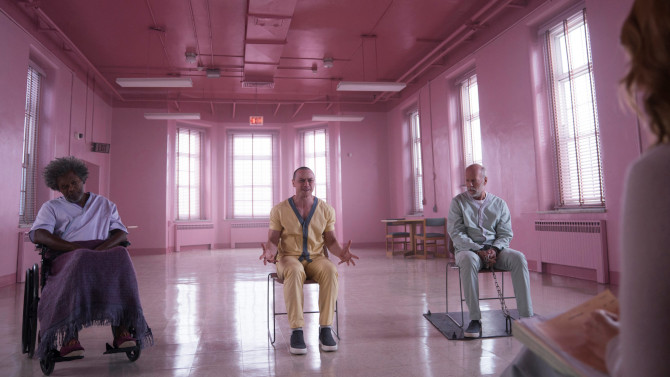
Glass Half Full or Empty?
GlassApril 28, 2021Let’s face it, M. Night Shyamalan’s Glass (2019) was always going to find itself in a precarious position. Following arguably his second most lauded film, 2000's Unbreakable, and the unexpected hit sequel to it, 2016's Split, the movie could be considered as fragile as the title itself. For the most part panned by critics, yet more respected by its audience, over the past two or so years, it has become one of those love it or hate it type of features. And perhaps rightfully so, for it highlights both the best and worst of what Shyamalan has offered us over his decades long career – well planned out and most scrumptious visuals, his patented cameos, showing off the sights in and around his hometown of Philadelphia, talky dialogue, as well as those controversial third acts (including those hit or miss twists).
-
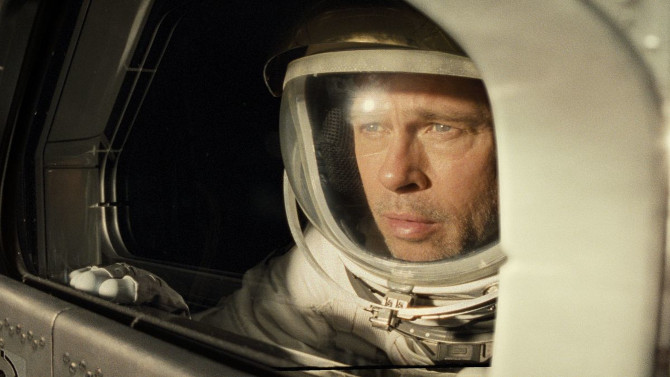
Through Adversity to the Stars
Ad AstraApril 6, 2021Upon viewing Ad Astra some two years after its initial release, it is not completely surprising that it was a failure at the box office. A film rooted in cinema of the sixties and seventies (you should notice connections to 2001: A Space Odyssey and Apocalypse Now), co-writer and director James Gray (Lost City of Z) takes his time building a familial drama set around space travel. Not the adrenaline rush that was Gravity, nor containing the outward scope of Interstellar, Gray’s story (which he co-wrote with Ethan Gross) looks inward at a man struggling with the bond he has with his father. This man is Roy McBride (Brad Pitt), a successful Major who has always lived in the shadow of his legendary father, H. Clifford McBride (Tommy Lee Jones – perfect casting) – the man to lead the Lima Project to the outer reaches of our solar system (specifically Neptune) to do research on possible extraterrestrial life.
-
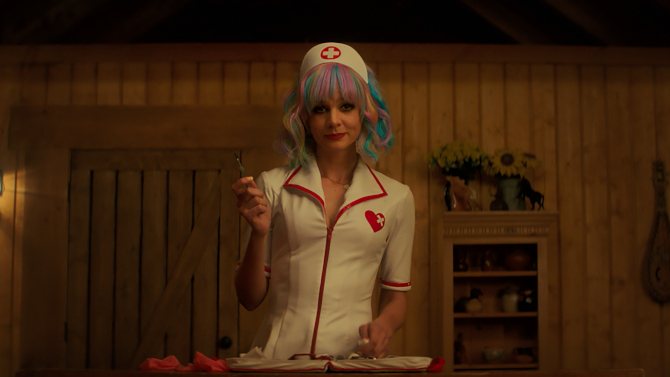
Hell Hath No Fury Like A Promising Young Woman Scorned
Promising Young WomanMarch 31, 2021Like a twisted take on the vigilante sub-genre of the 1970s (think Billy Jack or Dirty Harry), writer/director Emerald Fennell turns a lens on modern society with her 2020 film Promising Young Woman – a most thought provoking tale for our time. Following Cassandra (Carey Mulligan – an absolute powerhouse here which has earned her an Oscar nod), she is a woman in her early thirties who is stuck in time. With a tragic event from her past that has forever changed her present and future, the former medical school student now finds herself working a dead end job at a coffee shop for friend Gail (Laverne Cox).
-
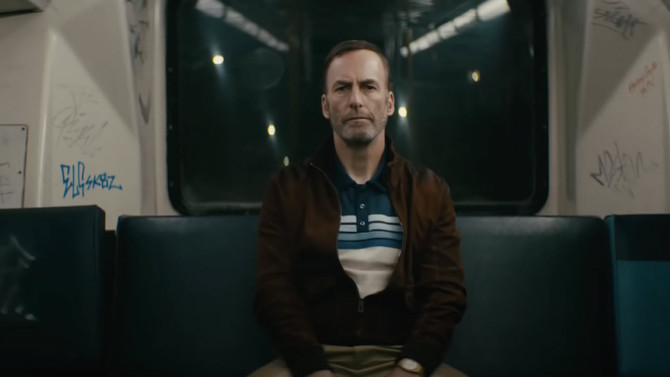
Nowhere Man
NobodyMarch 27, 2021“He’s a real nowhere man, sitting in his nowhere land, making all his nowhere plans for nobody. Doesn’t have a point of view, knows not where he’s going to. . .”. A slightly abridged version of the first verse and chorus of The Beatles’ iconic song “Nowhere Man”, these mesmeric lyrics tell the tale of a man afloat in his life with no anchor – lacking the passion, drive, and spirit to make him truly whole. Very much akin to the central character in 2021's Nobody, an action packed film written by Derek Kolstad (the scribe behind the John Wick franchise) and directed by Ilya Naishuller, Hutch Mansell (Bob Odenkirk), is suffering from middle class (and aged) ennui. Though that last statement may sound more like something from Mike Nichols’ The Graduate than an action packed extravaganza, this is a far cry from a character drama.
-
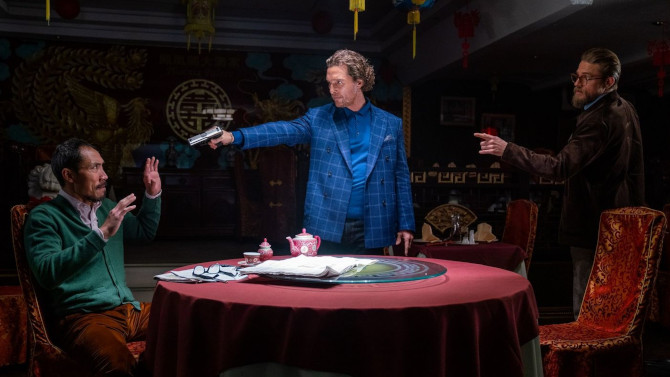
Ritchie Rich
The GentlemenFebruary 19, 2021A return to his roots after more than a decade making big budget studio pictures, Guy Ritchie’s The Gentlemen (2019), recaptures that unique mixture of crime and comedy (all done in a hyper-stylized visual way) that put him on the map back in 1998 with Lock, Stock and Two Smoking Barrels (the successful follow up Snatch would come in 2000). If you don’t like Ritchie’s visual style and Limey-centred crime stories, then this likely won’t win you over, but if you’ve missed his unique method of film making since his last gangster flick (2008's RocknRolla), this one should feel as comfortable as a finely made bespoke suit.
